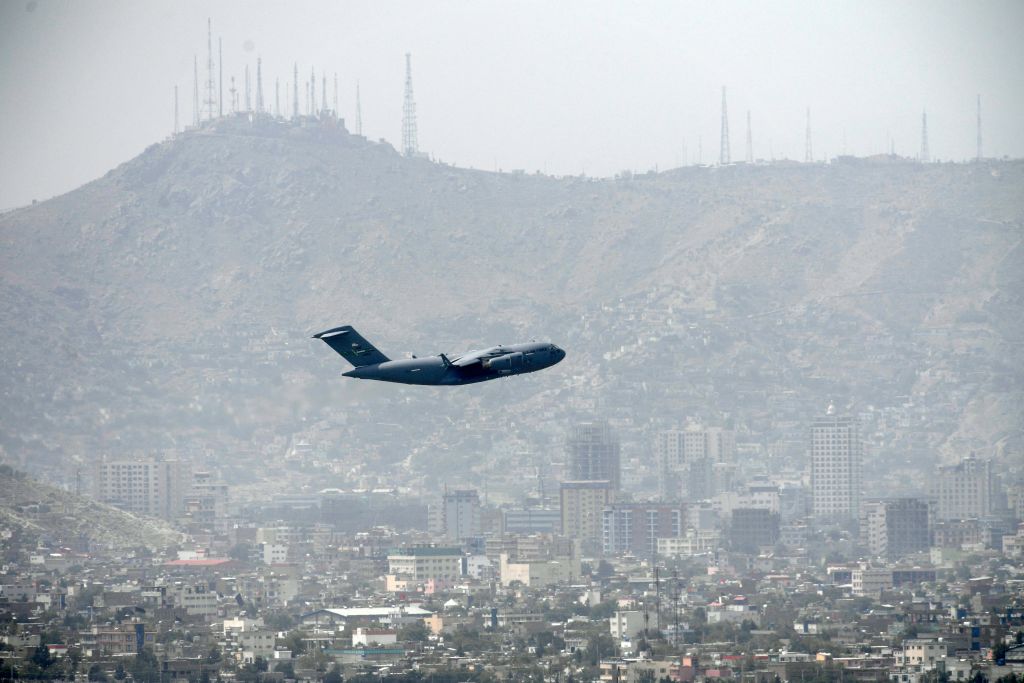
The Afghanistan debacle has shaken many of America’s allies around the world, making them wonder about the US’s reliability as a partner. In the Middle East, it has led some Arab allies to reassess their positions and reduce regional tensions by downplaying their old rivalries with Turkey and Iran. The region is now in the midst of making some subtle strategic shifts that could enhance the prospects for a more stable environment, especially in the Persian Gulf.
As could have been envisioned, the US’s humiliating retreat from Afghanistan and return of the extremist theocratic Taliban to power have pleased and bolstered the standing of such adversarial actors as Iran, Russia and China, and even Pakistan, despite its claim to have acted as America’s partner in fighting terrorism. At the same time, it has reinforced Turkish leader Recep Tayyip Erdogan’s doubts about America and alerted some US-backed Gulf Arab states to the unreliability of the US as a security provider.
Erdogan’s mistrust of Washington isn’t new; his disillusionment with Turkey’s NATO allies has been growing for some years. He has criticised them for backing the Iraqi and Syrian Kurds as a potential source of support for Turkey’s autonomy-seeking Kurdish minority. He has also admonished them for not assisting Ankara enough with the Syrian refugee influx and, more importantly, for not categorically backing his widespread crackdown on the opposition in the wake of the failed coup against him in 2016. He has found it strategically expedient to tilt his country towards Russia and China.
Turkey’s annual bilateral trade with the two powers has bourgeoned (more than US$25 billion with Russia and a similar amount with China). Military ties between Ankara and Moscow have also seen an unprecedented surge, with Turkey purchasing Russian S-400 air-defence systems despite Washington’s serious objections. Erdogan’s response to the US’s retaliatory withdrawal of the sale of F-35 fighters to Turkey has been to buy more S-400s and invite Russia to build nuclear power plants in Turkey.
Meanwhile, Erdogan has continued to expand Turkey’s role in the Middle East. While building strategic camaraderie with the small, oil-rich but influential Qatar, he has supported the Palestinian and political Islamic causes, challenging Israel and a number of Arab states. Israel has shunned him, and the Gulf Arab states, led by Saudi Arabia, and Egypt have been in awe of his intrusive policy behaviour, resulting in a cooling of their relations with Turkey.
The Afghanistan defeat has changed the regional picture. Saudi Arabia and its allies in the Gulf Cooperation Council, the United Arab Emirates in particular, are reassessing their situations. They have found it beneficial to improve relations with Turkey, Iran and Qatar. Riyadh has moved to bury past rivalry and revive ties with Iran; Abu Dhabi has sought to upgrade and expand relations with Tehran and Doha; and serious dialogue is underway between Abu Dhabi and Ankara for improved ties.
For the first time since Saudi Arabia broke off relations with Iran in January 2016, the two countries’ foreign ministers met in Baghdad last month at a conference organised by the Iraqi and French authorities. It’s
been reported that the two long-standing rivals are edging towards re-establishing ties. Concurrently, the prospects for a Turkey–UAE rapprochement and UAE–Qatar full normalisation of relations appear bright. Riyadh and Abu Dhabi have also been looking for wider and more friendly relations with Russia and China.
This doesn’t necessarily mark the end of the US’s role as a traditionally key player in the region, given its rock-solid strategic partnership with Israel and Egypt and lingering dominance among the members of the GCC. Rather, it essentially suggests that America’s Afghanistan fiasco has set in motion a series of realignments in the region. And it illustrates that the pax Americana that dominated the Middle East for most of the post–World War II period is gradually being dismantled. The process stands to accelerate with President Joe Biden’s promise to withdraw 2,500 US troops from Iraq by the end of this year.
 Print This Post
Print This Post